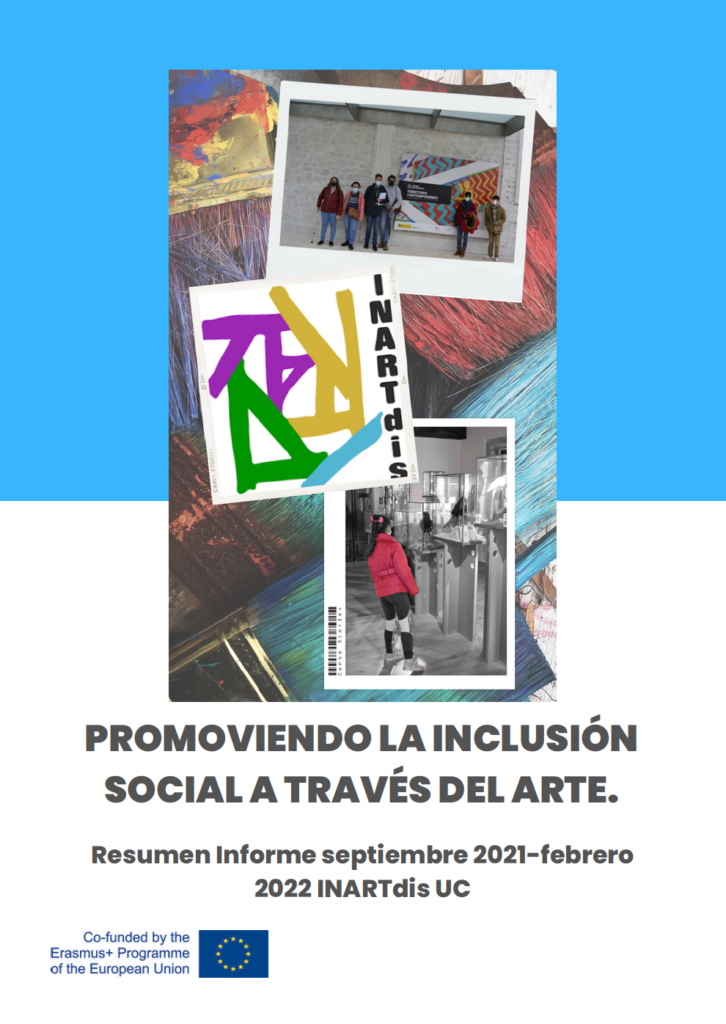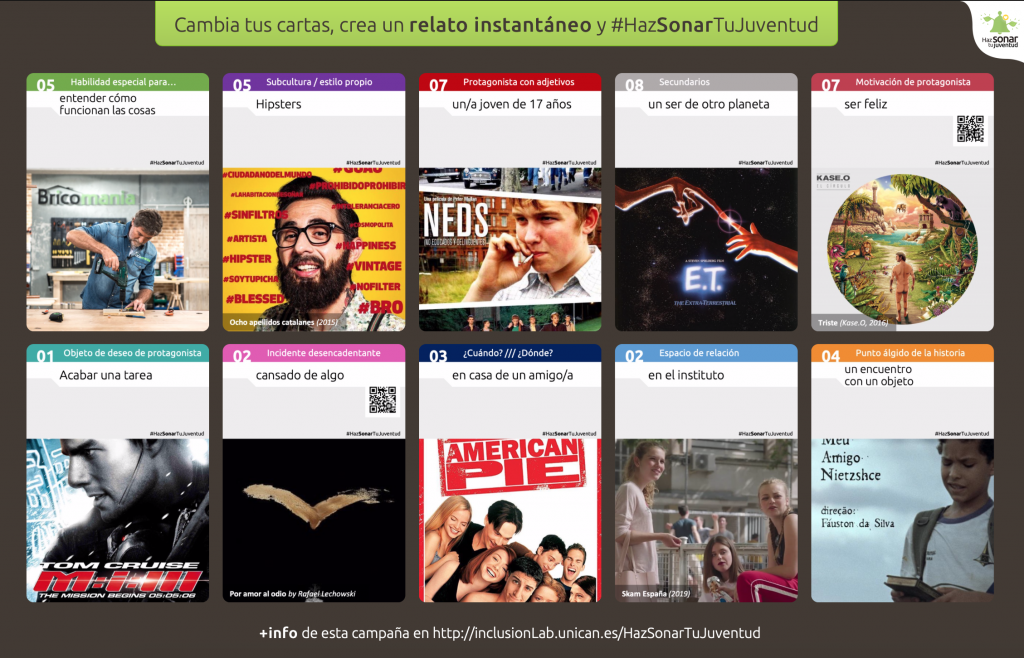IN-PARES GROUP
Our research group name is the is an acronym resulting from the terms Educational and Social Inclusion and Participation. The group aim is to promote a space for research, debate and social transformation consistent with the principles of social and ecological justice.
Our group belongs to the University department of Education and has a long history (since 2001) in research education on inclusion and social justice. Through numerous projects and related publications, the group has investigated the multiple facets of inclusion/exclusion as a phenomenon socially constructed. Our works frequently adopt ethnographic, narrative and participatory methodologies. We have been investigating together with various groups and institutions (youth, women, prison, schools, people with disability, social associations and collectives, etc.). Usually, these social agents have participated in our projects as co-investigators.
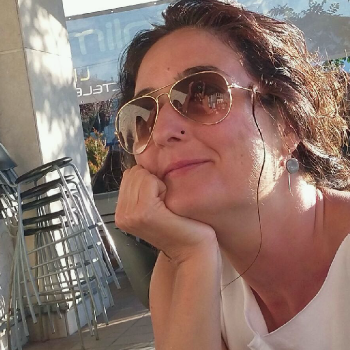
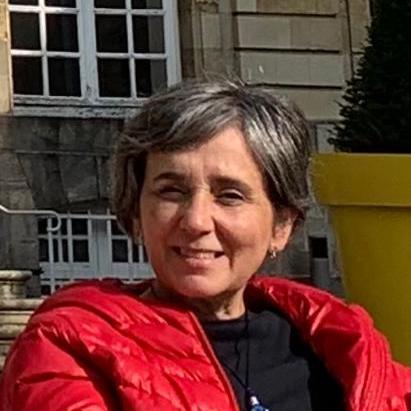
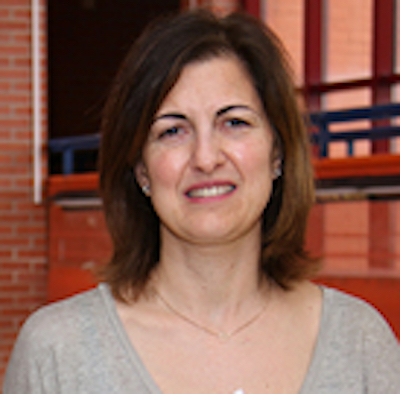
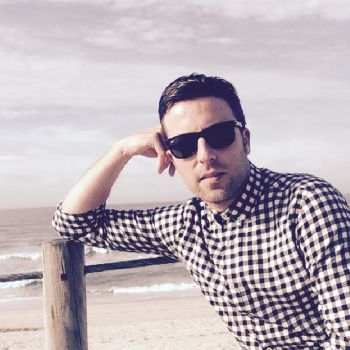
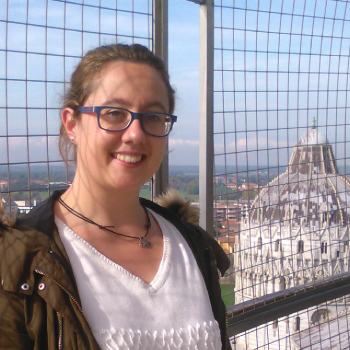
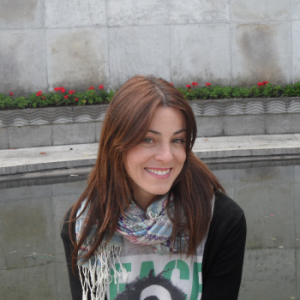
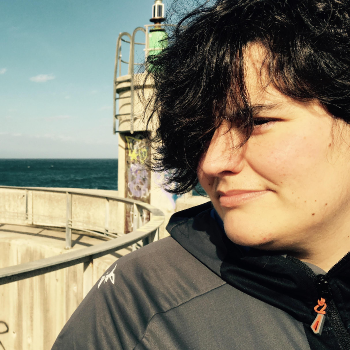

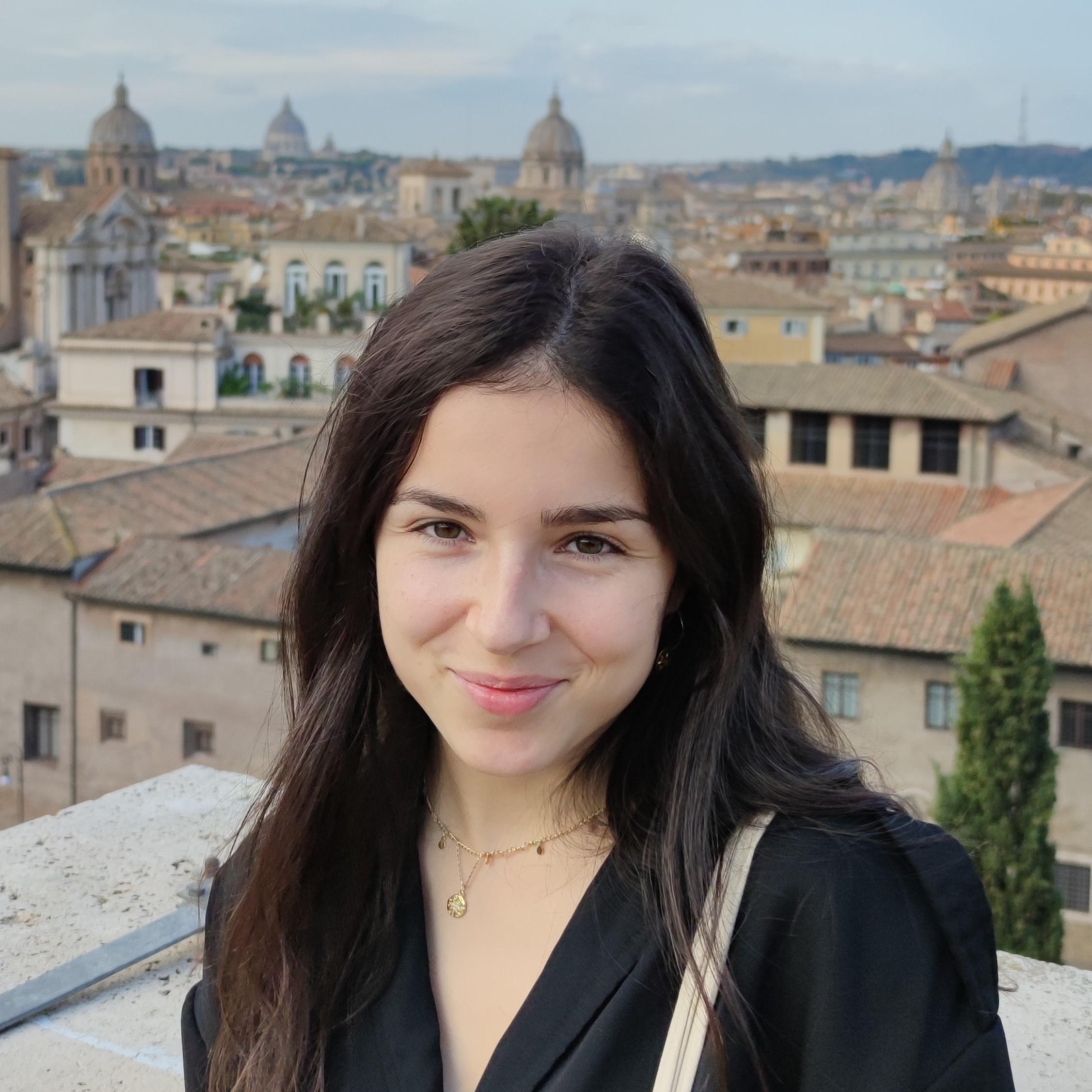
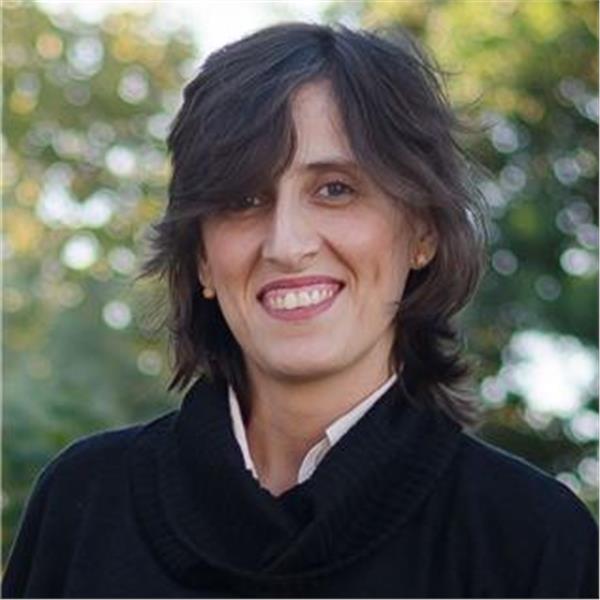
Eco-inclusive education
Ecosocial bond
We took part in the project “Ecosocial bond” promoted by FUHEM and collaborating with other eight entities (Fundación SM, Ajuntament de Sant Cugat, Ayuntamiento de Rivas Vaciamadrid, Teachers for Future, Ecotono, L’Ortiga, MEL.Educació Ambiental, La Politja).
This project is entitled Ecosocial transformation in educational centers and communities. Social innovation in educational ecosystem transitions within the framework of the 2030 Agenda and Several. And several actions are planned throughout the project: The elaboration of a self-diagnostic tool on their performance in ecosocial education for schools and classrooms, training and advice to educational centers on their ecosocial project, the promotion of a network of exchange between centers, the creation of learning situations with an ecosystem perspective and the creation of some audiovisual pieces useful for the practice of ecosocial education in the centers.
To follow the progress of the project you can consult this newsletter (Vínculo Ecosocial. Proyecto educativo. (fuhem.es) to be published periodically.In this first we present the first of audiovisual materials where, by the hand of Luis González Reyes, we summarize what means to educate following the ecosocial perspective and the profound change it entails in each of the curricular decisions. We encourage you to see it and spread it! We also let you know the first learning situations.

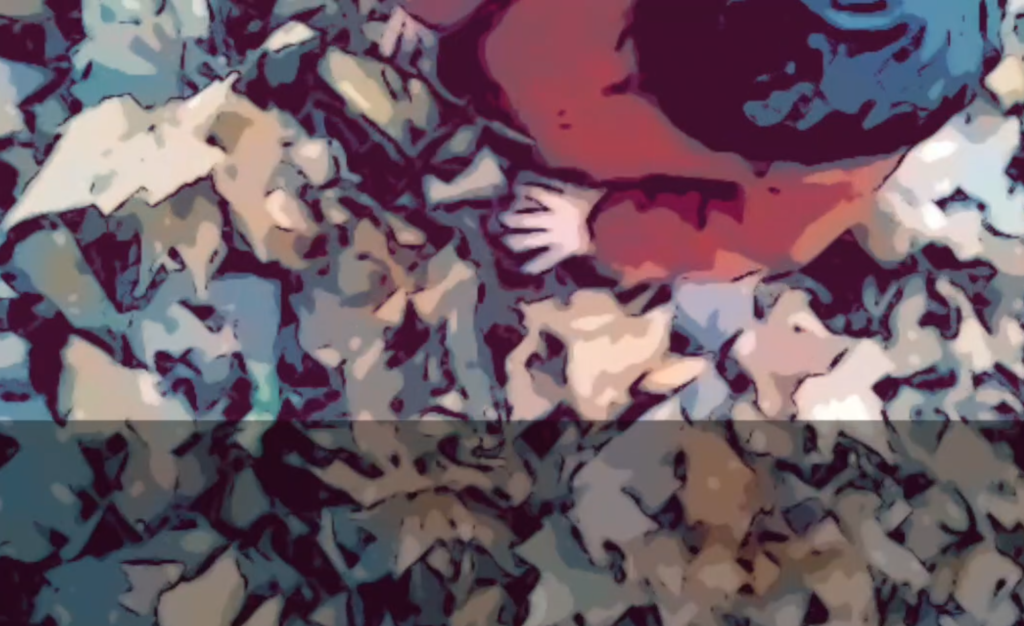
Ecoinclusive spaces
Title: Transnational analysis of educational spaces with an eco-inclusive approach: exchange of virtual
postcards between students of the Bachelor of Education of the University of Cantabria and the
University of Catania (EUNICE).
The objective of this innovation project was to critically analyze the school spaces and children’s spaces of the city from an eco-inclusive perspective with the students of Bachelor of Education of the University of Cantabria and the University of Catania (EUNICE). To do so, students from the University of Cantabria and the University of Catania shared visual information (photographs, videos, etc.) about their practice schools (playgrounds) and/or their city (squares and playgrounds), analyzed from an eco-inclusive perspective. This analysis took the form of a virtual postcard.
Results: This project seeks to promote a collaborative network between the University of Cantabria (Spain) and the University of Catania (Italy), both belonging to the European University for Customised Education Network (EUNICE). The postcards of both venues were hosted on the web, allowing the exchange between students of both centers.
Dictionary
Title: Transnational analysis of educational spaces with an eco-inclusive approach: exchange of virtual postcards between students of the Bachelor of Education of the University of Cantabria and the University of Catania (EUNICE). The objective of this innovation project was to critically analyze the school spaces and children’s spaces of the city from an eco-inclusive perspective with the students of Bachelor of Education of the University of Cantabria and the University of Catania (EUNICE). To do so, students from the University of Cantabria and the University of Catania shared visual information (photographs, videos, etc.) about their practice schools (playgrounds) and/or their city (squares and playgrounds), analyzed from an eco-inclusive perspective. This analysis took the form of a virtual postcard.
Description: This internationalization project proposes the joint elaboration by students of the Education degrees of the University of Cantabria and the Università degli studi di Padova, of an international dictionary on pedagogical concepts. This project represented an opportunity to promote the presence of students in the generation and management of pedagogical knowledge where they are configured as co-creators of curricular contents. Likewise, the virtuality of this dictionary has to do with its transnational and comparative character, as well as with the generation of materials shared between the involved headquarters, which enables the integration of content in our subjects that promote the international approach.
Results: This project seeks to promote a collaborative network between the University of Cantabria (Spain) and the University of Catania (Italy), both belonging to the European University for Customised Education Network (EUNICE). The postcards of both venues were hosted on the web, allowing the exchange between students of both centers.
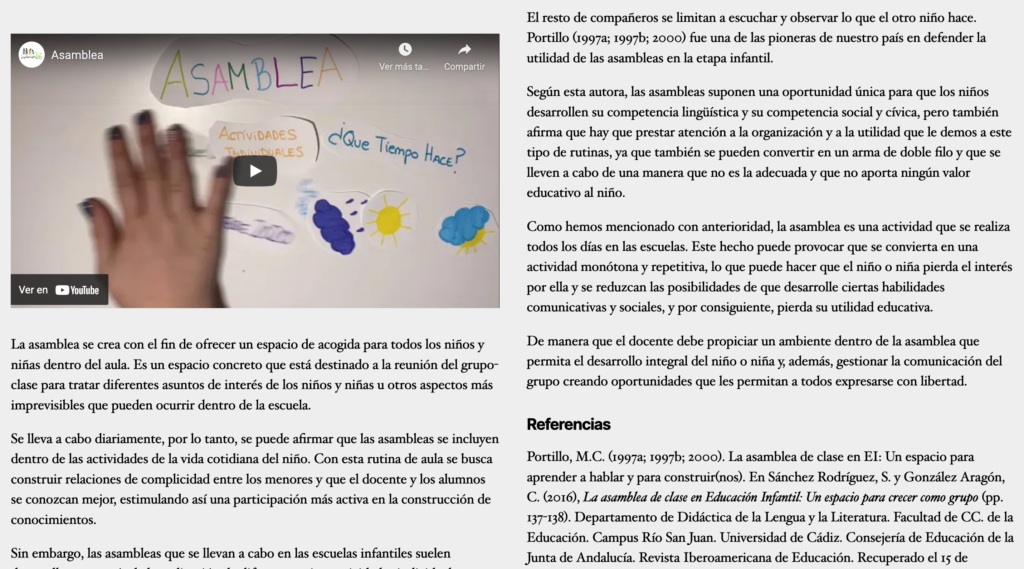
Art and inclusion
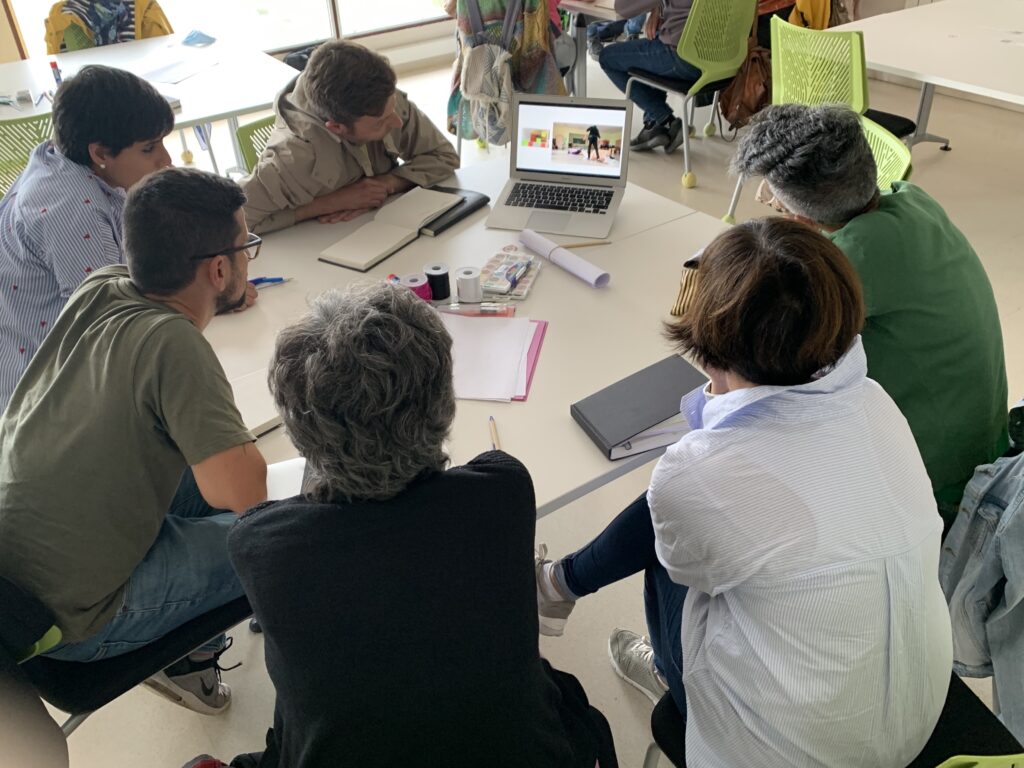
The european Erasmus+ project “Fostering social inclusion for all through artistic education: developing support for students with disabilities – INARTdis” aims to bring art and culture closer to people with disabilities. As well as, promoting social inclusion by creating participative art spaces.
INARTdis is a project in which different social agents take part (university researchers, co-researchers, cultural managers, cultural mediators, professionals of educational centers and the associative field of disability) in order to design, develop and disseminate inclusive good practices for all.
The project is structured around four complementary work phases:
- Stage 1.Identification of training needs on art and inclusion of professionals in the educational and cultural field.
- Stage 2. Assessment of the inclusiveness of cultural centres in the region and the social participation of students with disabilities.
- Stage 3. Development of training activities in arts education and social inclusion.
- Stage 4. Collaborative design of inclusive artistic projects in the community. This last phase aims to share and disseminate the projects generated in different social contexts to promote the development of good community practices.

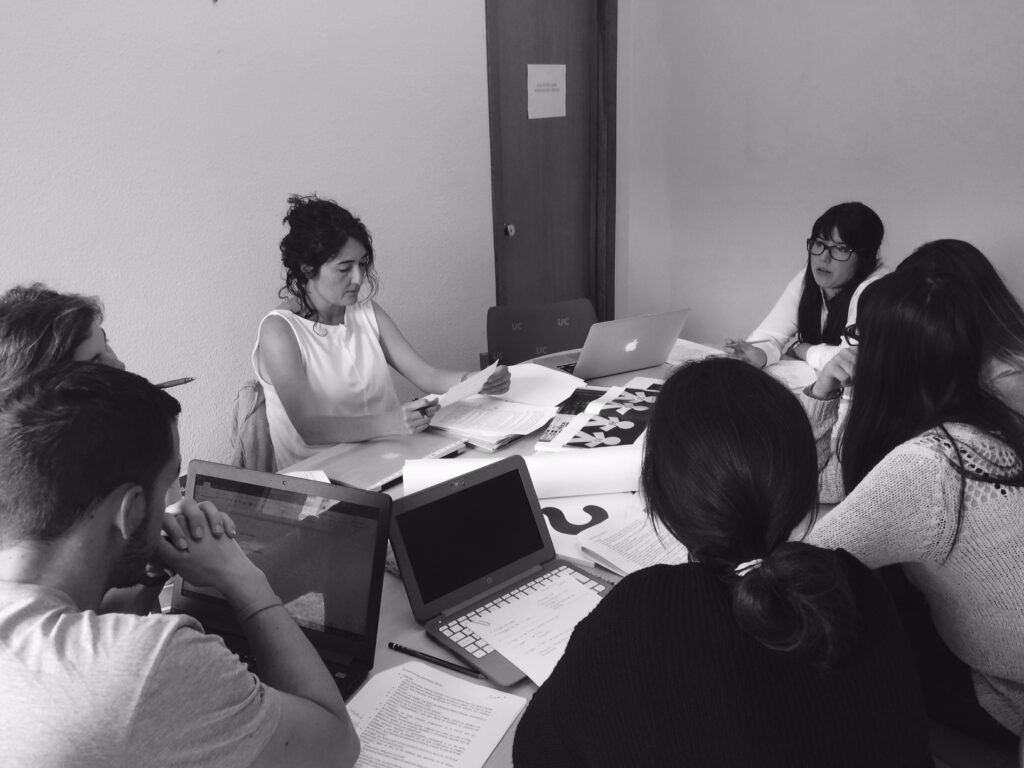
Pintures in dialog, inclusive education and the students as co-builders of the curriculum is a project of educational innovation in Higher Education (III Call for Projects of Teaching Innovation of the University of Cantabria. Course 2016/17) that is framed in the logic of experiences that intentionally seek and create opportunities for students -on this occasion of the last years- to become co-creators of the curriculum in higher education.
The project is built on the work that teachers and students carry out in the dialogic meeting spaces inside and outside the classroom, with different interlocutors (university and non-university teachers and students from different groups and educational levels).
Among other results, the collective work gave rise to a visual catalog where the images challenge questions to those who watch it on dilemma topics related to the construction of schools that walk towards inclusion. The images, in this sense, are put at the service of the dialogical discussion on issues of special relevance when we stop to problematize and rethink the school as an institution, as a scenario that can and must be transformed to ensure not only the presence but also the existence of all.
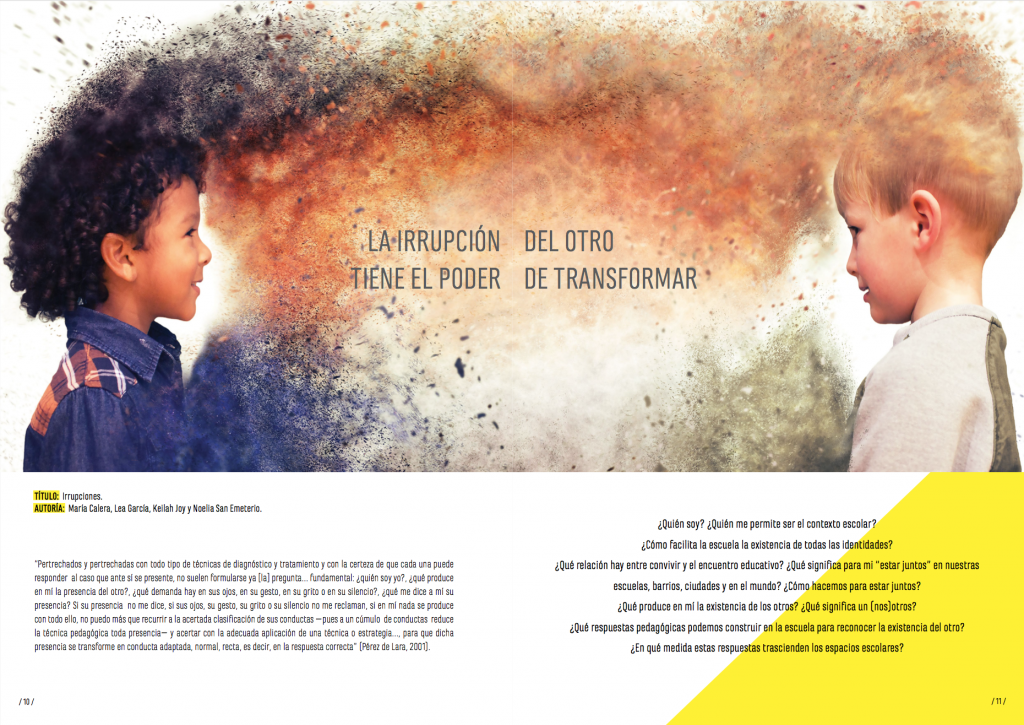
Inclusion and training. Actions and ressources.
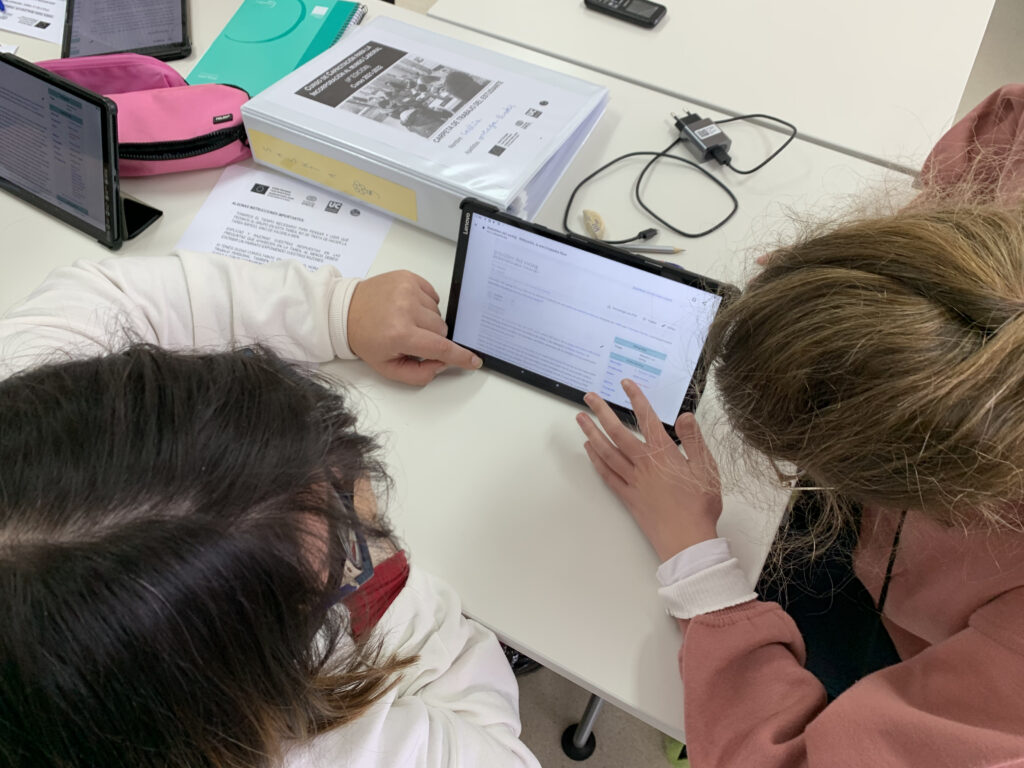
Inclusión y discapacidad:
formación para el empleo
The training programme for the employment and inclusion of young people with intellectual disabilities at the University of Cantabria aims to expand the opportunities for training and, therefore, social and employment integration of this group. Specifically, the formative experience is aimed at promoting and developing general competences for participation in different social contexts, as well as the development of professional competences that facilitate access to ordinary working environments.
The Training Course for Entering the World of Work has been developed during four academic courses in the classrooms of the Faculty of Education. The training of young people has involved teachers from different faculties, the PAS, and the business fabric of Cantabria.
The annual programme is part of a call included in the 2014 Youth Employment Operational Programme2020 for the training of young people with intellectual disabilities and is financed by the European Social Fund and the ONCE Foundation within the UNIDIVERSIDAD project, in which various Spanish universities participate.
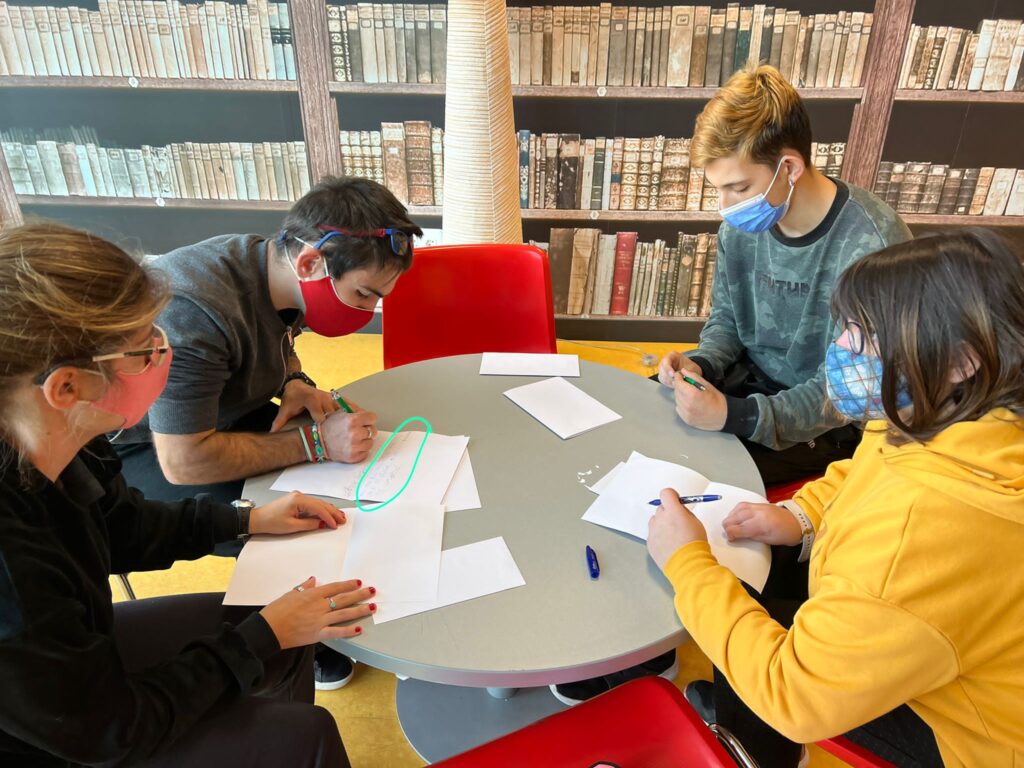
Espacios educativos eco-inclusivos
Análisis transnacional de los espacios educativos con un enfoque eco-inclusivo:
intercambio de postales virtuales entre estudiantes del Grado de Educación de la Universidad de Cantabria y la Universidad de Catania (EUNICE)
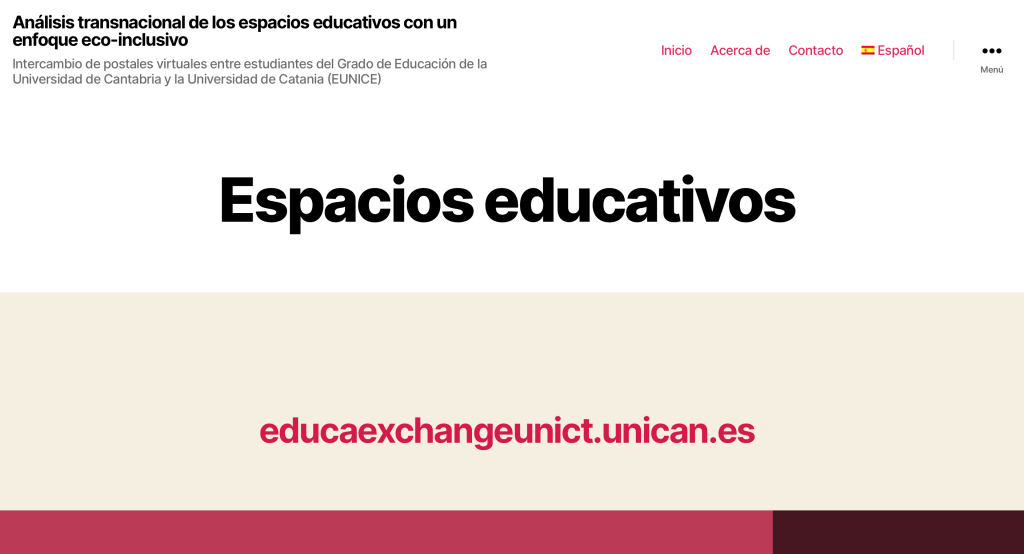
Proyecto Internacional de innovación docente
Diccionario transnacional de conceptos pedagógicos

Proyecto internacional de innovación docente
Proyecto financiado por el Vicerrectorado de Internacionalización y Compromiso Global de la Universidad de Cantabria
Diccionario polifónico
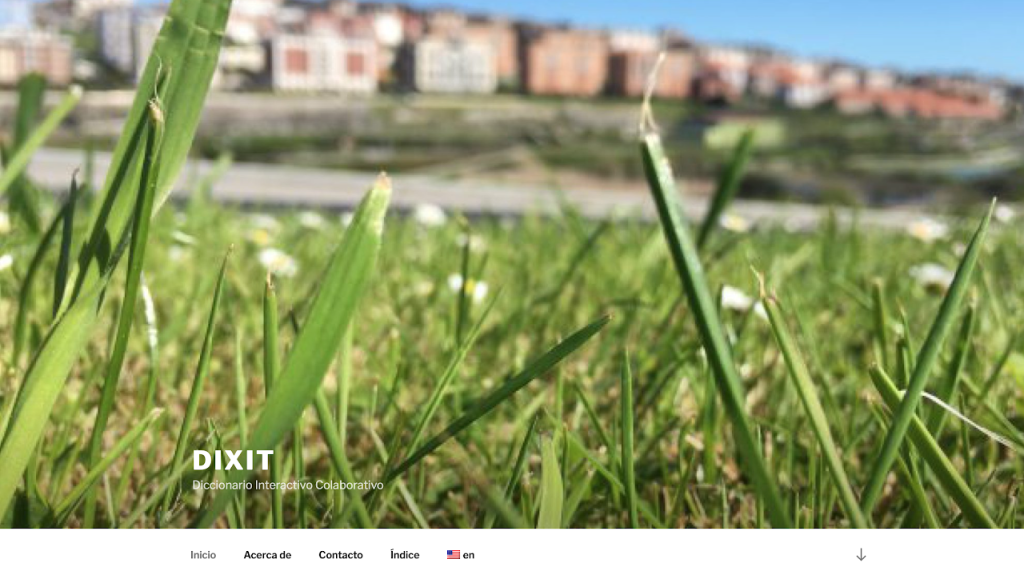
Proyecto de innovación docente
Proyecto financiado por el Vicerrectorado de Ordenación Académica y Profesorado de la Universidad de Cantabria
Campaña #HazSonarTuJuventud
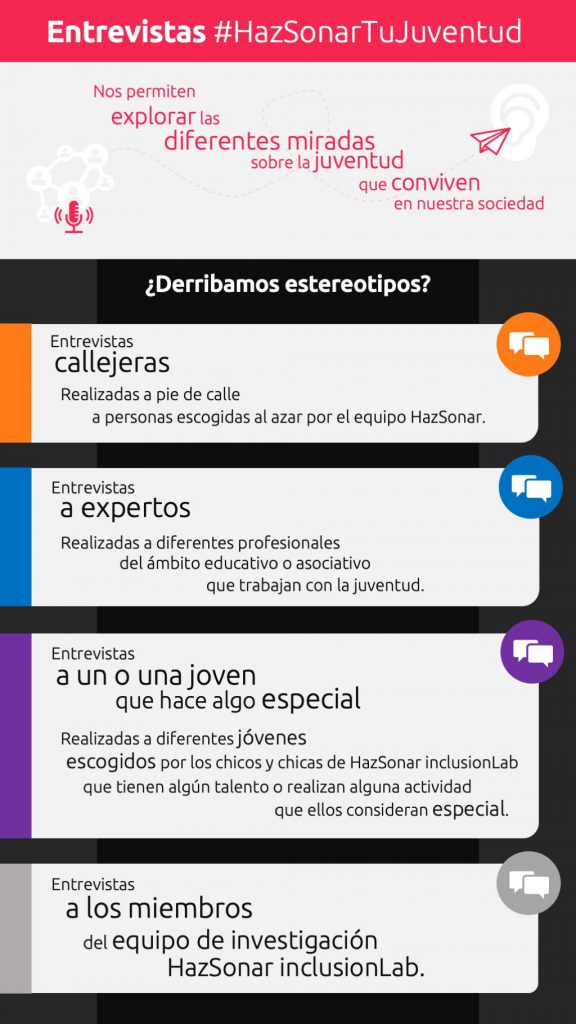
#1
Audiovisual #HazSonarTuJuventud
Montaje audiovisual con entrevistas que nos permiten explorar las diferentes miradas sobre la juventud que conviven en nuestra sociedad.
¿Qué quieren?
¿Qué dificultades tienen?
¿Qué aportan? … los/as jóvenes
Para el montaje de este espacio todos los jóvenes participantes realizaron entrevistas a personas diversas:
- Entrevistas callejeras: realizadas a pie de calle a personas escogidas al azar por el equipo HazSonar.
- Entrevistas a expertos: realizadas a diferentes profesionales del ámbito educativo o asociativo que trabajan con la juventud.
- Entrevistas a un o una joven que hace algo especial: realizadas a diferentes jóvenes escogidos por los chicos y chicas de HazSonar, por tener algún talento o realizar alguna actividad que ellos consideran especial.
- Entrevistas a los miembros del equipo de investigación HazSonar inclusionLab.
Acceso desde ordenador: https://inclusionlab.unican.es/hazsonar
Acceso desde móvil:
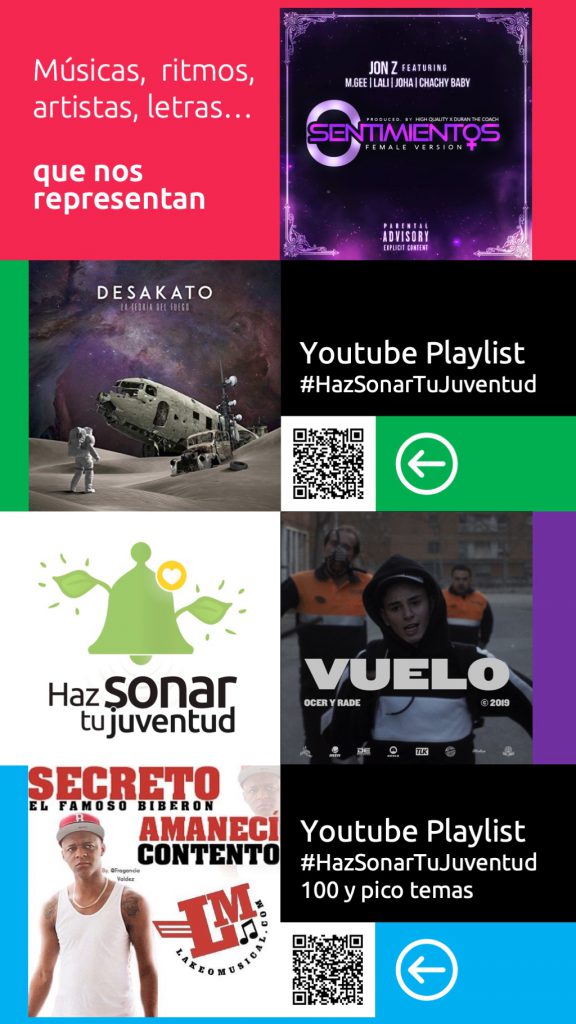
#2
PlayLists de canciones
Selección de canciones que nos representan: músicas, ritmos, artistas y letras que representan a los y las jóvenes participantes.
Youtube Playlist
#HazSonarTuJuventud
Youtube Playlist
#HazSonarTuJuventud
100 y pico temas
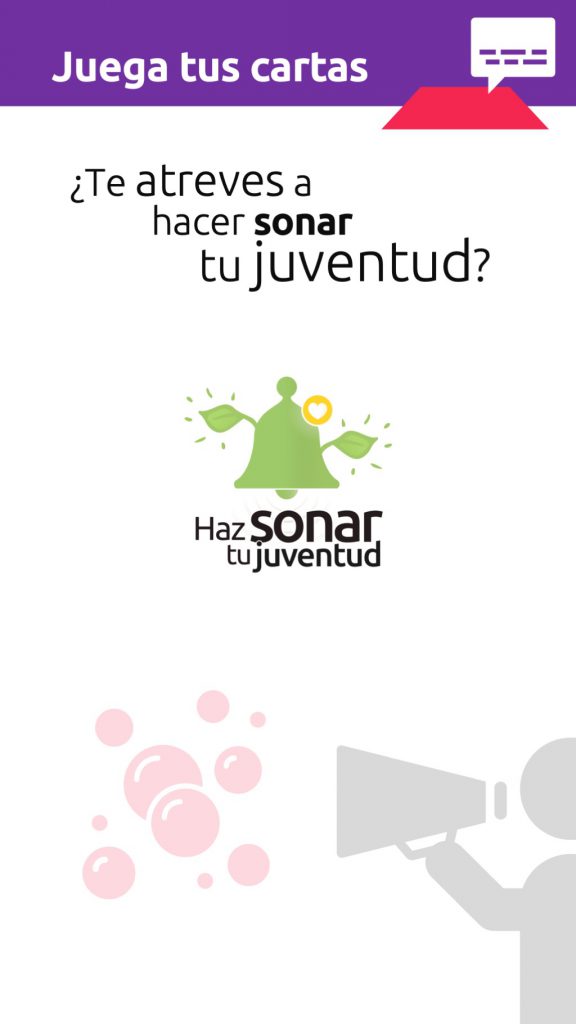
#3
Juega tus cartas
El objetivo es que los participantes que jueguen elaboren un relato utilizando 10 cartas que aparecerán al azar. Este relato siempre tendrá como protagonista a una persona joven, así como elementos referentes de la constelación juvenil.
Conjugar todos los condicionantes puede ser complejo, ¿te atreves a hacer sonar tu juventud?
Accede a http://inclusionlab.unican.es/cartas
Escribe o graba en una nota de audio tu relato instantáneo y compártelo en Instagram con el hashtag #HazSonarTuJuventud o envíalo a inclusionLab@unican.es para participar en nuestra campaña.
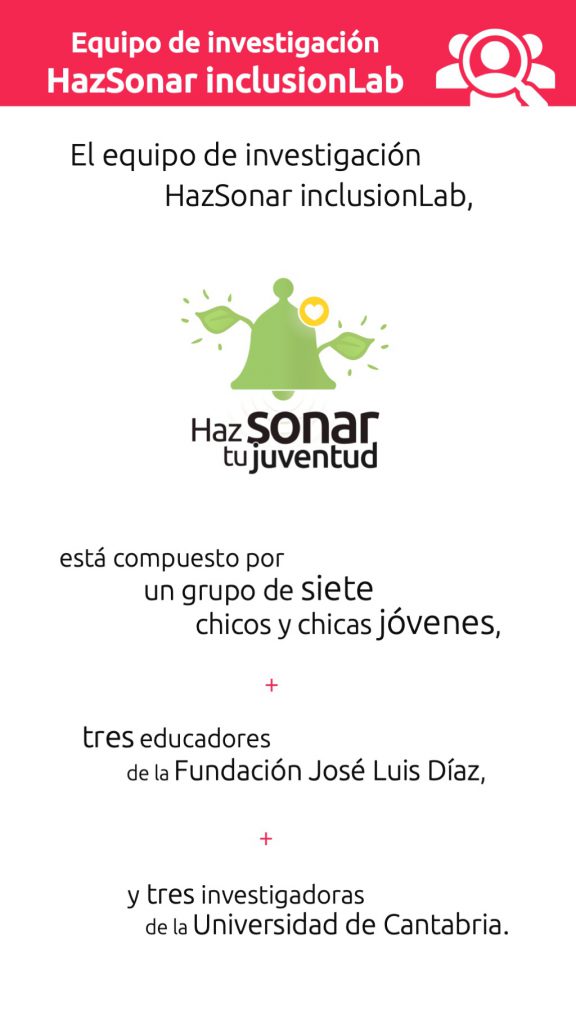
#4
Introducción al audiovisual
Audiovisual que presenta la campaña, elaborado con las voces de los participantes e imágenes de elaboración propia.
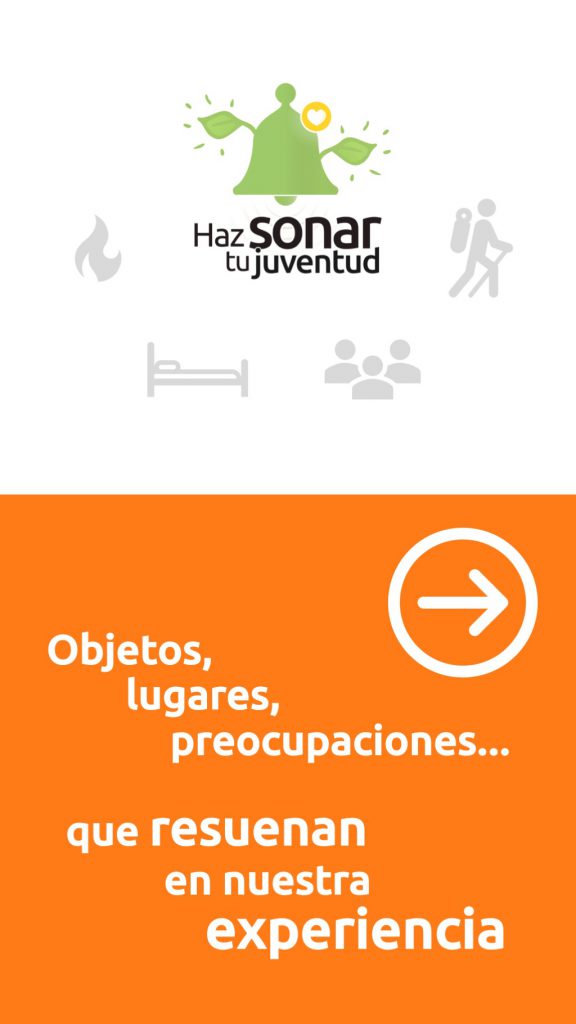
#5
Objetos, lugares, preocupaciones… que resuenan en nuestra experiencia
Compuesto por un panel cubierto por 30 láminas en las que se describen objetos, lugares, preocupaciones, situaciones… que resuenan en la experiencia de los jóvenes.
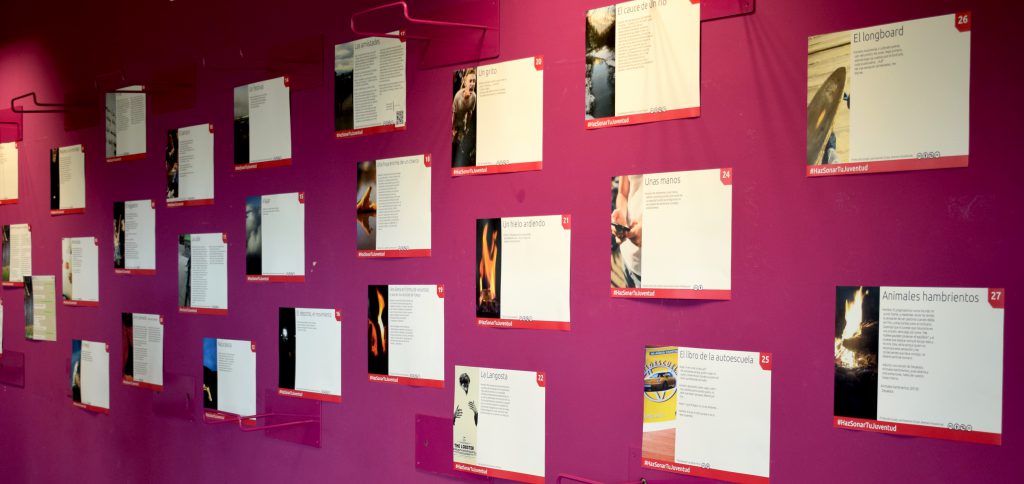
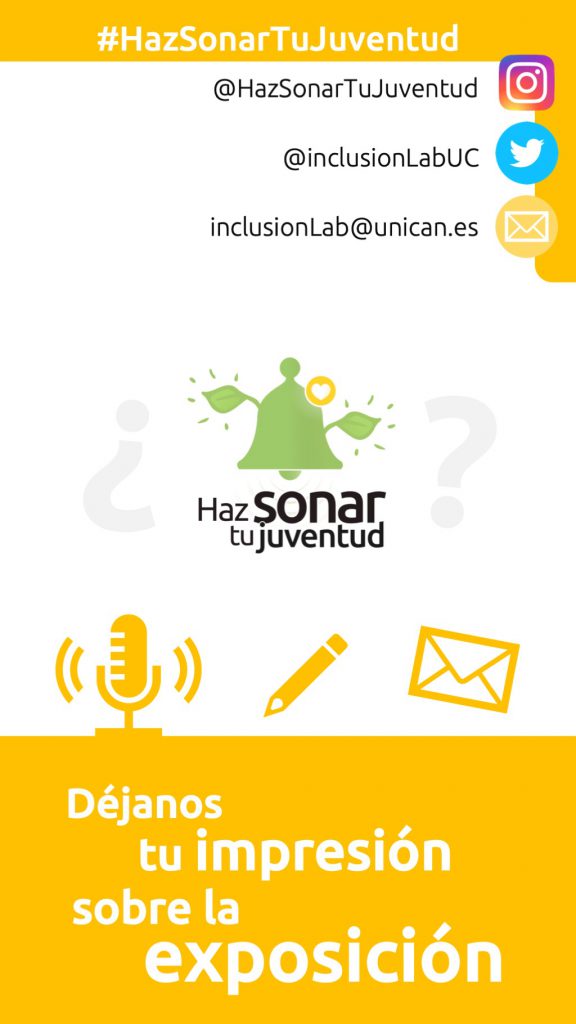
#6
Y tú, ¿qué opinas?
Se abre invitación a los asistentes a emitir su opinión ante la pregunta que cierra la campaña “y tú, ¿qué opinas?”.
Error: No feed found.
Please go to the Instagram Feed settings page to create a feed.
Este proyecto se desarrolló por el equipo de co-investigación conformado po un grupo de seis jóvenes que están en una medida judicial en medio abierto, tres investigadoras de la universidad de Cantabria y tres educadores sociales de la Fundación José Luis Díaz.
El objetivo de nuestra investigación fue dar visibilidad al mundo juvenil (sus preocupaciones, sus inquietudes, sus gustos, sus intereses), desde su propia experiencia y con sus propias voces, y lograr ser escuchados y reconocidos en el espacio público. Esta pretensión de proyección social, anudada con el interés de hacer un uso creativo de diferentes lenguajes conectados con este mundo juvenil, bosquejó la trama del proyecto: elaboramos colaborativamente una campaña de difusión social, #HazSonarTuJuventud, que ofrecía imaginarios alternativos sobre la juventud a los que normalmente gobiernan el mundo adulto.
Opina sobre #HazSonarTuJuventud
Regresar a #HazSonarTuJuventud | Go to #HazSonarTuJuventud
